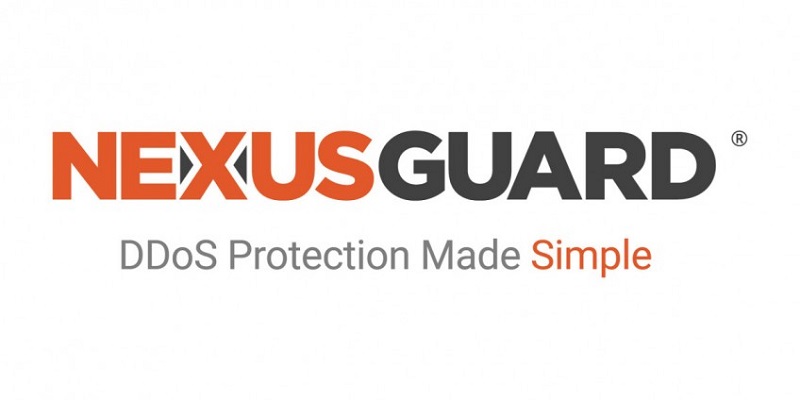Nexusguard Research Reveals Worldwide Distributed Denial of Service Attacks
4th July 2023, Kathmandu
Nexusguard’s DDoS Statistical Report for 2022 Indicates Global Shift in Attack Landscape.
In 2022, the total number of distributed denial of service (DDoS) attacks worldwide increased by 115.1% over the amount observed in 2021, according to new research from Nexusguard released in its DDoS Statistical Report for 2022.
The data also showed that cyber attackers continued to alter their threat vectors by targeting the application platforms, online databases, and cloud-based storage systems within Internet Service Providers (ISPs). This resulted in a significantly greater impact globally as organizations continue to move more of their workloads to the cloud.
While the overall number of DDoS attacks did more than double, the maximum size of 361.9 gigabits per second (Gbps) represented a 48.2% decrease over those measured in 2021. The average attack size also shrank by 22.4%.
The majority of DDoS threats (85.6%) in 2022 were single-vector attacks, which is almost identical to the percentage seen in 2021. UDP- (user datagram protocol) based and TCP- (transmission control protocol) based attacks were the most popular attacks by type, accounting for 72.5% and 23.0% respectively. Other key findings include:
The top three DDoS attack vectors were NTP (network time protocol) amplification, Memcached, and UDP attacks.
UDP-based attacks increased 121.3% year-over-year (YoY). TCP-based and other attacks also grew significantly.
Amplification attacks grew by 414.6% YoY. Application attacks saw enormous growth, increasing by 718.1% YoY.
“Although DDoS attack size dropped in 2022, we saw a significant jump in the overall number of attacks, making the need for greater awareness and vigilance are more essential today,” said Juniman Kasman, chief technology officer of Nexusguard. “Cyber attackers also continue to target critical infrastructure within ASN-level Communications Service Providers (CSPs), especially ISPs, which results in an incredibly far-reaching effect as the organizations relying on those providers are also negatively impacted.”
With DDoS activities on the rise in Latin America, Nexusguard will launch a new DDoS scrubbing center in São Paulo, Brazil in July.
The new center will provide comprehensive protection for local network operators and enterprises against DDoS attacks, mitigating the growing threat of cyber attacks in the region.
The scrubbing center will also power Nexusguard Bastions, a managed DDoS protection service designed for businesses dealing with the impacts triggered by cyber attacks or seeking to add advanced cybersecurity capabilities to their product portfolio.
Read Nexusguard’s DDoS Statistical Report for 2022 which provides comprehensive research on the shift in the global DDoS threat landscape.
This annual report by Nexusguard examined the increases in DDoS attacks between 2021 and 2022, including single-target network layer attacks and multi-thread application attacks.






